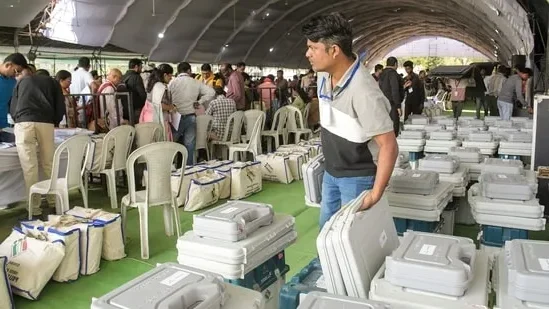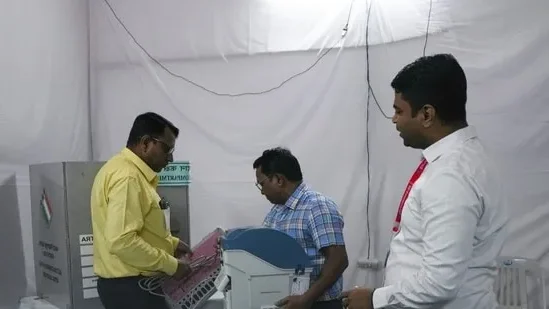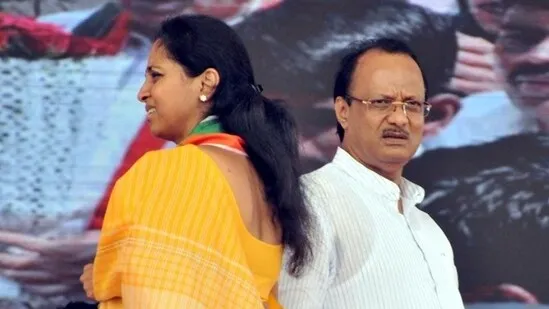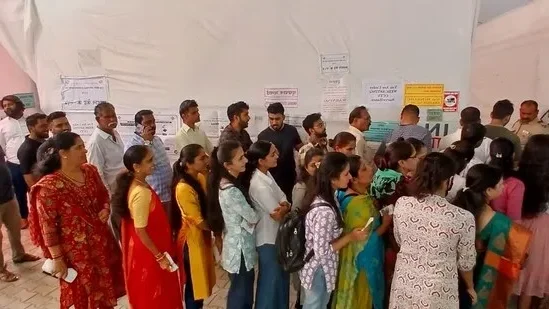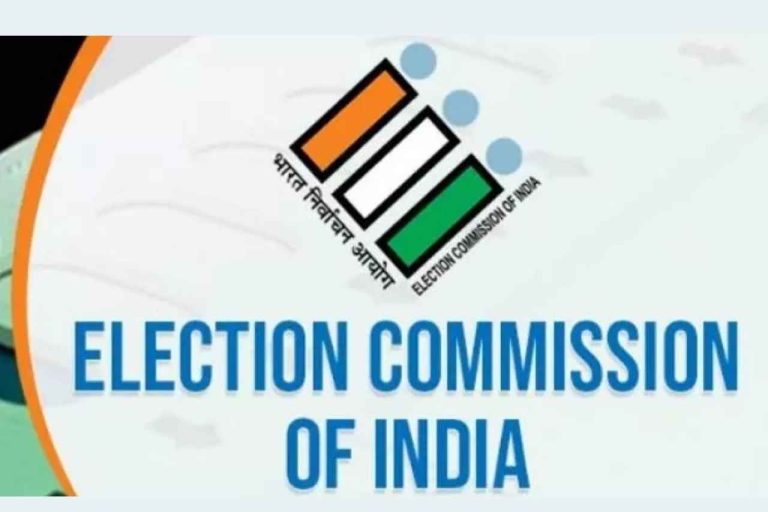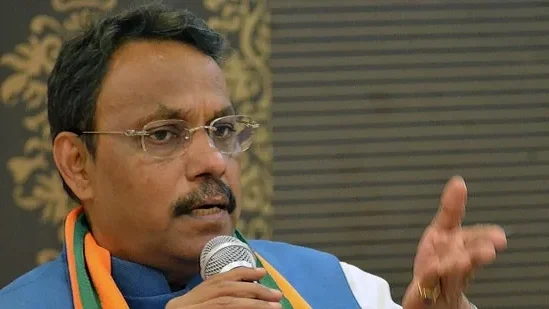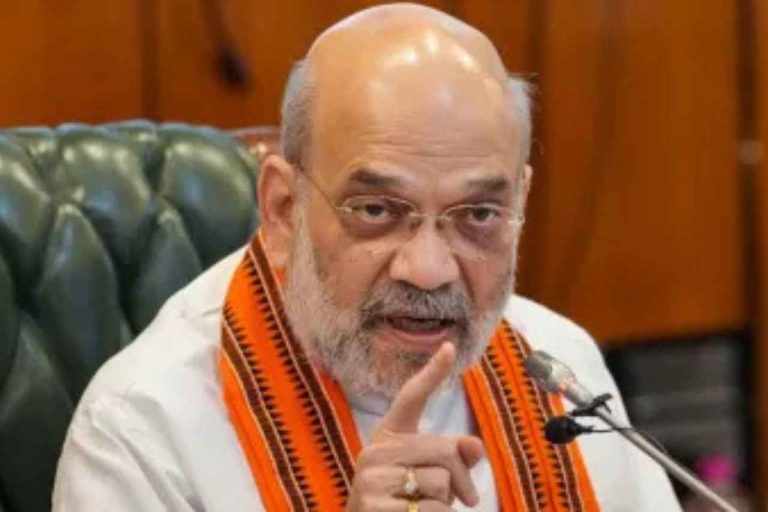RPG Enterprises Chairman Harsh Goenka has sparked debate with a sharp critique targeting the Mumbai elite who abstain from voting. In a post on social media platform X, Goenka highlighted how some affluent residents prioritize comfort over their civic duty, despite the critical nature of elections shaping the state’s governance.
The state is voting today in a single phase to elect representatives for its 288-member legislative assembly. Polling began early this morning, with notable public figures, including cricket icon Sachin Tendulkar and Bollywood actor Akshay Kumar, already casting their votes. Mumbai police have tightened security across the city, focusing on sensitive areas like Dharavi to ensure smooth electoral proceedings.
In his post, Goenka sarcastically noted the excuses often cited by the well-heeled. From fretting over designer footwear to avoiding queues under the sun, he mocked their indifference, emphasizing the importance of participating in democracy over trivial concerns. “Democracy can wait, but the waist cannot,” he quipped, targeting those more focused on personal luxuries than societal responsibilities.
Goenka’s remarks have resonated with many, stirring discussions on voter turnout among different socio-economic groups. He urged citizens, regardless of their status, to step out and vote, challenging the complacency of Mumbai’s wealthiest.
The elections hold critical importance, with major parties battling for control of Maharashtra, India’s wealthiest and most influential state.
Urban voters often show apathy, but public figures like Harsh Goenka are leveraging their platforms to encourage greater civic participation.
More voters are expected at polling stations as the day advances, with authorities emphasizing the significance of every individual’s vote.
Officials hope such critiques will inspire broader engagement across all demographics, ensuring higher participation and strengthening democratic processes in Maharashtra.

